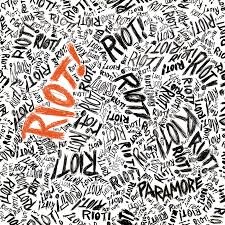If you are really looking for a place to Download or install gta 6 you Ave finally come to the right place.Its all about gta games,Make sure you read the steps carefully
GTA 6 App For Android Mobiles
First of all, Grand Theft Auto 6 for Android is officially released by the certifiable maker Rockstar on Mar 15 2021.
Grand Theft Auto 6 for Android is a modded game variant of GTA Liberty City which is tweaked to most recent Grand Theft Auto VI for Android with a large portion of GTA 6 unique highlights. Hope you will completely appreciate this modded GTA 6 Android games on your mobile or tablet.
Features of GTA 6 App Android
Map: is the most significant choice for each activity or experience game on the grounds that without it, you can’t choose where to go. So essentially GTA 6 APK is giving you exact guide highlight and you can without much of a stretch discover your goal.
Cheat mode: On the off chance that you at any point stuck in difficult mission, you can utilize any sort of cheat. Truly, you hear it right since this Grand Theft Auto 6 is giving you many stunning codes that will assist you with completing any mission.
Quality Graphics: Unlike others modded Grand Theft Auto games, GTA 6 Apk has a real and quality graphics that looks like the real Grand Theft Auto 6.
Best Control: Since the first game of grand theft auto series, rockstars Inc. done their best in terms of controlling the game (easy to use).
Key Features Of GTA 6 APP Android
- •Free download accessible
- •Astonishing illustrations
- •Incredible controls
- •Better and improved audio cues
- •Delightful and new vehicles (cars, lorries, ambulance) bicycles, jets and helicopters etc.
- •Play missions, Make cash, buy things, reinforce your power.
Grand Theft Auto 6 Apk Requirement
FILE SIZE: 1.2GB
OS: Android 4.4+
RAM Space: Atlease 1GB
GENRE: Action, Adventure
RATING: 4.3/5
How to Install GTA 6 Apk for Android
- 1.First you need to download and install GTA 6 Apk file from the link above. Do not open the game now.
- 2.When you completely download the file 100% then you now need to extract the file (zip) by using Zarchiver pro App.
- 3.After that, you will find a folder ”com.rockstargames.gtalcs” click on this folder for two seconds and select Cut, now go back and paste this folder into OBB folder. Obb folder is available in the Android folder.
- 4.Now open you Liberty City game, this is now GTA 6.Now Liberty City is converted to the GTA 6.
If you are having any problem don’t forget to let us know on the comment section







